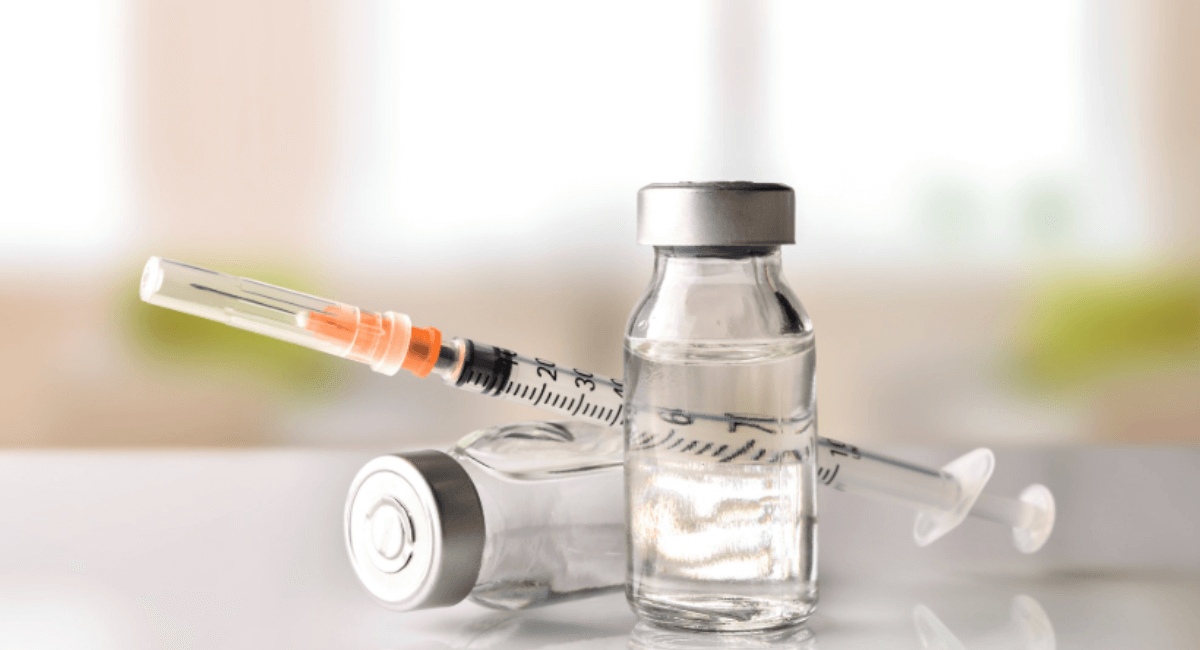Aging is a natural process characterized by gradual changes in the body’s structure and function. However recent advancements in medical science have introduced peptide therapy as a promising approach to mitigate the effects of aging. Peptides, short chains of amino acids, play crucial roles in various physiological processes, including cell signaling, hormone production, and tissue repair. In the context of anti-aging, specific peptides have been identified for their potential to enhance skin health, improve muscle mass, and boost overall vitality (He, W., Goodkind, D., & Kowal, P. 2016).
Understanding Peptide Therapy
Peptide therapy involves the administration of specific peptides to stimulate natural biological processes that may decline with age. These peptides can be delivered through injections, topical applications, or oral supplements, depending on their intended function and bioavailability (Jeong et al., 2019). The goal is to replenish or mimic the activity of naturally occurring peptides, thereby promoting rejuvenation and delaying age-related deterioration.
Let’s look at the key peptides in anti aging therapies
GHK-Cu (Copper Peptide): GHK-Cu is a naturally occurring peptide known for its role in wound healing and skin regeneration. Studies have demonstrated its ability to stimulate collagen production, enhance skin elasticity, and reduce wrinkles, making it a popular component in anti-aging skincare products (Pickart & Margolina, 2018).
Epithalon: Epithalon is a synthetic peptide that has been shown to activate telomerase, an enzyme that extends telomeres—the protective caps at the ends of chromosomes. By promoting telomere elongation, Epithalon may contribute to increased cellular longevity and overall lifespan (Yang et al. (2003).
CJC-1295: This peptide functions as a growth hormone-releasing hormone (GHRH) analog, stimulating the release of growth hormone. Elevated growth hormone levels are associated with improved muscle mass, reduced body fat, and enhanced energy levels, all of which are beneficial in combating age-related decline (Teichman et al. (2006).
Thymosin Alpha-1: Known for its immune-modulating properties, Thymosin Alpha-1 enhances the body’s defense mechanisms, which can weaken with age. By boosting immune function, this peptide helps protect against infections and supports overall health (Mishra et al., 2011).
Mechanisms of Action
Peptides exert their anti-aging effects through various mechanisms:
- Collagen Stimulation: Peptides like GHK-Cu promote collagen synthesis, leading to firmer and more youthful skin (Pickart & Margolina, 2018).
- Antioxidant Activity: Some peptides possess antioxidant properties, neutralizing free radicals that contribute to cellular aging (Samuel, 2019).
- Cellular Repair: Peptides can enhance DNA repair mechanisms, maintaining cellular integrity and function (Korkushko et al., 2011).
- Hormonal Regulation: By modulating hormone levels, peptides help maintain metabolic balance and energy homeostasis (Dominari et al. (2020).
What to Expect from Peptide Therapy
Individuals considering peptide therapy for anti-aging can anticipate the following benefits:
- Improved Skin Appearance: Reduction in fine lines, wrinkles, and age spots, resulting in a more youthful complexion.
- Enhanced Muscle Mass and Strength: Increased lean body mass and physical performance, counteracting age-related muscle loss.
- Boosted Energy Levels: Enhanced vitality and reduced fatigue, contributing to a better quality of life.
- Strengthened Immune System: Improved resistance to infections and quicker recovery from illnesses (Mishra et al., 2011).
While peptide therapy offers promising anti-aging benefits, it is essential to approach it with caution:
- Medical Supervision: Consult with a qualified healthcare provider to determine the appropriate peptides and dosages tailored to individual needs.
- Quality Assurance: Ensure that peptides are sourced from reputable manufacturers to guarantee purity and efficacy.
- Potential Side Effects: Be aware of possible side effects, such as injection site reactions or hormonal imbalances, and report any adverse effects to your healthcare provider promptly.
Peptide therapy represents a cutting-edge approach to anti-aging, leveraging the body’s natural processes to promote rejuvenation and vitality. By understanding the specific peptides involved and their mechanisms of action, individuals can make informed decisions about incorporating peptide therapy into their anti-aging regimen.
At Activated Health & Wellness, we specialize in personalized peptide therapy programs designed to meet your unique health goals. Our experienced team is dedicated to helping you achieve optimal well-being through safe and effective treatments. Contact us today to schedule a consultation and discover how peptide therapy can enhance your quality of life.

References (APA)
- He, W., Goodkind, D., & Kowal, P. R. (2016). An aging world: 2015 (International population reports). United States Census Bureau.
- Dominari, A., Hathaway, D. III, Pandav, K., Matos, W., Biswas, S., Reddy, G., Thevuthasan, S., Khan, M. A., Mathew, A., Makkar, S. S., Zaidi, M., Fahem, M. M. M., Beas, R., Castaneda, V., Paul, T., Halpern, J., & Baralt, D. (2020). Thymosin alpha 1: A comprehensive review of the literature. World Journal of Virology, 9(5), 67–78. Linked Here
- Yang, Y., Lu, X., Huang, W., & Shen, M. (2003). Effect of thymosin alpha 1 on cellular immune function in elderly patients with malignant tumor. Zhejiang Da Xue Xue Bao Yi Xue Ban, 32(4), 339-341. Linked Here
- Pickart, L., & Margolina, A. (2018). Regenerative and protective actions of the GHK-Cu peptide in the light of the new gene data. International Journal of Molecular Sciences, 19(7), 1987. Linked here
- Jeong, S., Yoon, S., Kim, S., Jung, J., Kor, M., Shin, K., Lim, C., Han, H. S., Lee, H., Park, K.-Y., Kim, J., Chung, H. J., & Kim, H. J. (2019). Anti-wrinkle benefits of peptides complex stimulating skin basement membrane proteins expression. International Journal of Molecular Sciences, 21(1), 73. Linked here
- Teichman, S. L., Neale, A., Lawrence, B., Gagnon, C., Castaigne, J.-P., & Frohman, L. A. (2006). Prolonged stimulation of growth hormone (GH) and insulin-like growth factor I secretion by CJC-1295, a long-acting analog of GH-releasing hormone, in healthy adults. Journal of Clinical Endocrinology & Metabolism, 91(3), 799-805. Linked here










